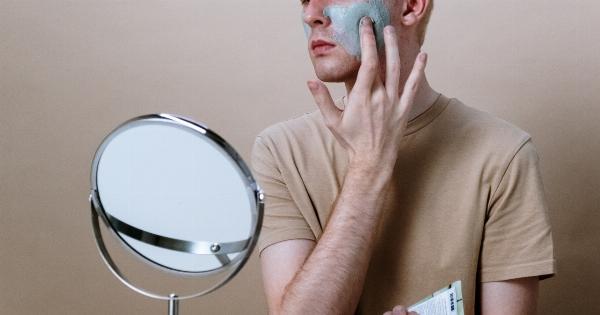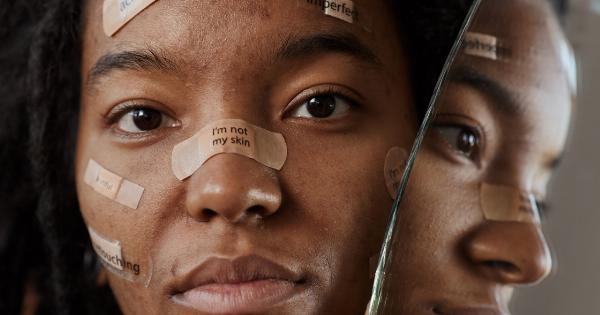Many adults experience breakouts, even if they didn’t have acne in their teenage years. While the causes of acne breakouts are many, certain lifestyle choices can have a significant impact on the skin’s health.
Often, these factors are not commonly associated with adult acne.
What is acne?
Acne is a skin condition that occurs when dead skin cells, oil and bacteria clog hair follicles. The oil in our skin, called sebum, helps maintain skin health by keeping skin moisturized.
However, when too much sebum is produced, it can mix with dead skin cells and bacteria, resulting in inflamed spots on the skin.
Common causes of acne
There are many common causes of acne, especially in teenagers. During puberty, hormonal changes stimulate the sebaceous glands, resulting in increased oil production. Other causes include stress, certain medications, and genetics.
While these factors can also contribute to adult acne, there is one surprising cause that’s often overlooked.
The surprising cause of adult acne
The use of fabric softener can contribute to adult acne. Fabric softeners contain chemicals that can cause skin irritation and clog pores.
These chemicals such as Quaternium-18, Quaternium-24 and Stearalkonium chloride are added to fabric softener to help reduce static and make clothes feel softer. However, these chemicals can have a negative impact on the skin.
The chemicals in fabric softeners can cause a condition known as “acne mechanica.” Acne mechanica is a form of acne that’s caused by mechanical irritation of the skin.
It’s often seen in athletes who wear tight-fitting clothing or equipment that repeatedly rubs against the skin. However, fabric softener can also cause acne mechanica by clogging pores and irritating the skin.
How to prevent adult acne caused by fabric softener
If you’re experiencing adult acne and use fabric softener, it’s worth switching to a more gentle and natural alternative. For example, you can use vinegar as a natural fabric softener.
Vinegar helps to soften fabrics, reduces static and helps remove detergent residue. Other alternatives include wool dryer balls and natural fabric softener sheets.
Another tip to prevent acne caused by fabric softener is to wash your clothes thoroughly. Make sure you rinse your clothes well and use a mild detergent.
Avoid using too much detergent as this can cause residue to build up on your clothes and irritate your skin.
Other lifestyle changes to prevent acne
Aside from avoiding fabric softener, there are other lifestyle changes that can help prevent adult acne:.
Eating a healthy diet: A diet that’s high in sugar and processed foods can contribute to acne. Eating a healthy diet that’s rich in whole foods can help prevent breakouts.
Managing stress: Stress can contribute to hormone imbalances, which can lead to acne. Find ways to manage stress such as meditation or yoga.
Exercise: Exercise helps to reduce stress and can also improve circulation, which can help the skin. However, be sure to wash your face after exercising to remove sweat and oil that can clog pores.
Skincare: Using the right skincare products can help prevent acne. Look for products that are gentle and non-comedogenic (meaning they won’t clog pores). Avoid using skincare products that contain harsh chemicals that can irritate the skin.
Conclusion
Adult acne is a common problem that can be caused by a variety of factors. While the use of fabric softener is often overlooked, it can contribute to acne mechanica by clogging pores and irritating the skin.
By making simple changes to your laundry routine and lifestyle, you can prevent breakouts and keep your skin clear and healthy.


























